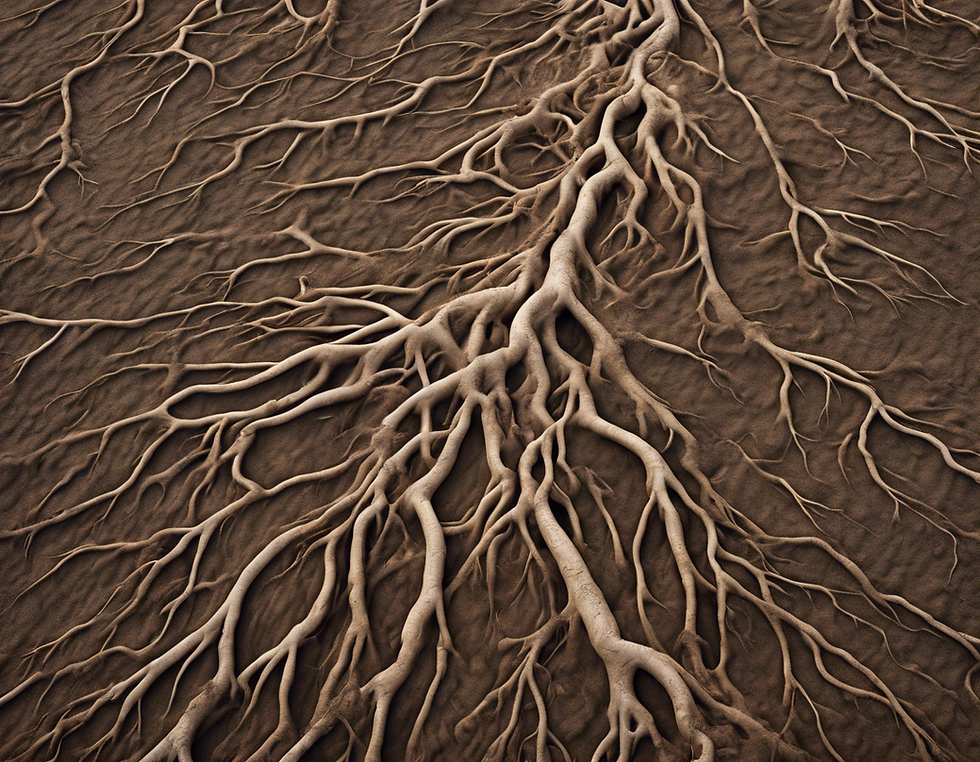Understanding Soil-Plant Interactions for Sustainable Agriculture
- Rodolfo Loos
- Aug 10, 2024
- 2 min read
As we delve into the realm of sustainable agriculture, we must understand the intricate relationships between soil and plants to ensure the long-term productivity and health of agricultural systems. Soil-plant interactions play a crucial role in sustainable agriculture practices, as they influence nutrient uptake, water availability, and overall plant growth and development.

Soil is not just a physical support for plants; it is a dynamic ecosystem teeming with life and essential nutrients. The composition of soil, including its pH, organic matter content, and mineral composition, greatly impacts the growth of plants. Understanding the physical and chemical properties of soil is essential for successful crop production. One key aspect of soil-plant interactions is nutrient cycling. Plants rely on soil nutrients such as nitrogen, phosphorus, and potassium for their growth and development. These nutrients are taken up by the plant's roots and are essential for various physiological processes. Soil health and fertility play a critical role in providing plants with the necessary nutrients for optimal growth. Furthermore, soil also plays a vital role in water availability for plants. The soil acts as a reservoir for water, storing and delivering it to plant roots as needed. Proper soil management practices, such as mulching and irrigation, can help maintain optimal soil moisture levels for plant growth. In addition to nutrient uptake and water availability, soil-plant interactions also influence the soil microbiome. Beneficial soil organisms, such as bacteria and fungi, play a crucial role in nutrient recycling and disease suppression. Maintaining a healthy soil microbiome is essential for sustainable agriculture practices. By understanding the complex interactions between soil and plants, farmers and agricultural professionals can implement practices that promote soil health, enhance plant productivity, and ensure the sustainability of agricultural systems. Sustainable agriculture is not just about maximizing yields; it is about preserving the health of the land for future generations. In conclusion, a deep appreciation for the intricate relationships between soil and plants is essential for sustainable agriculture practices. By implementing holistic approaches that consider soil health, nutrient cycling, water availability, and the soil microbiome, we can create resilient agricultural systems that benefit both the environment and our communities.




Comments